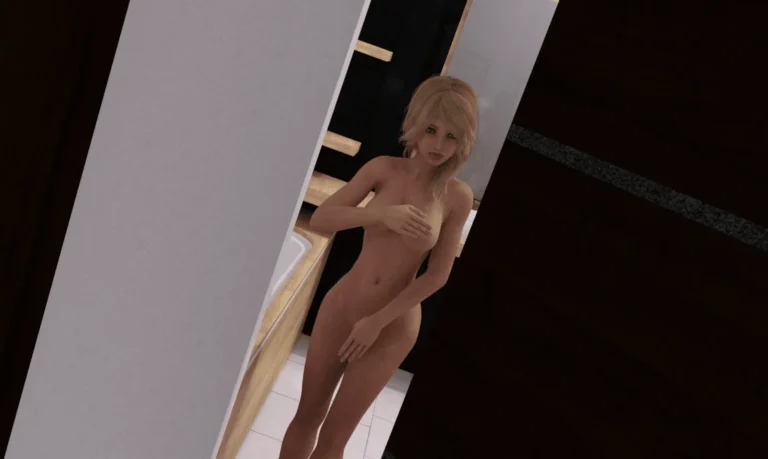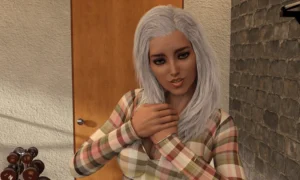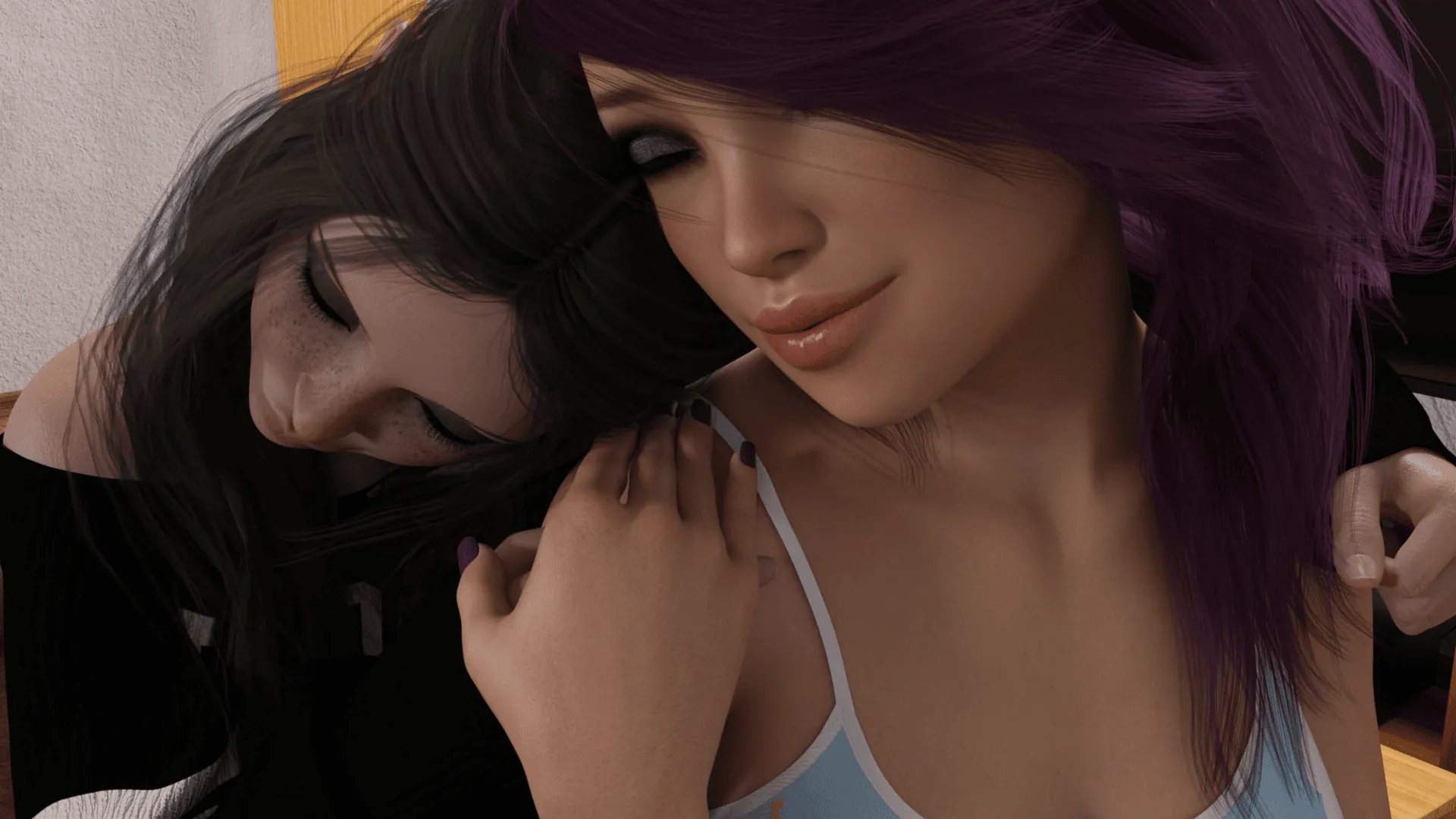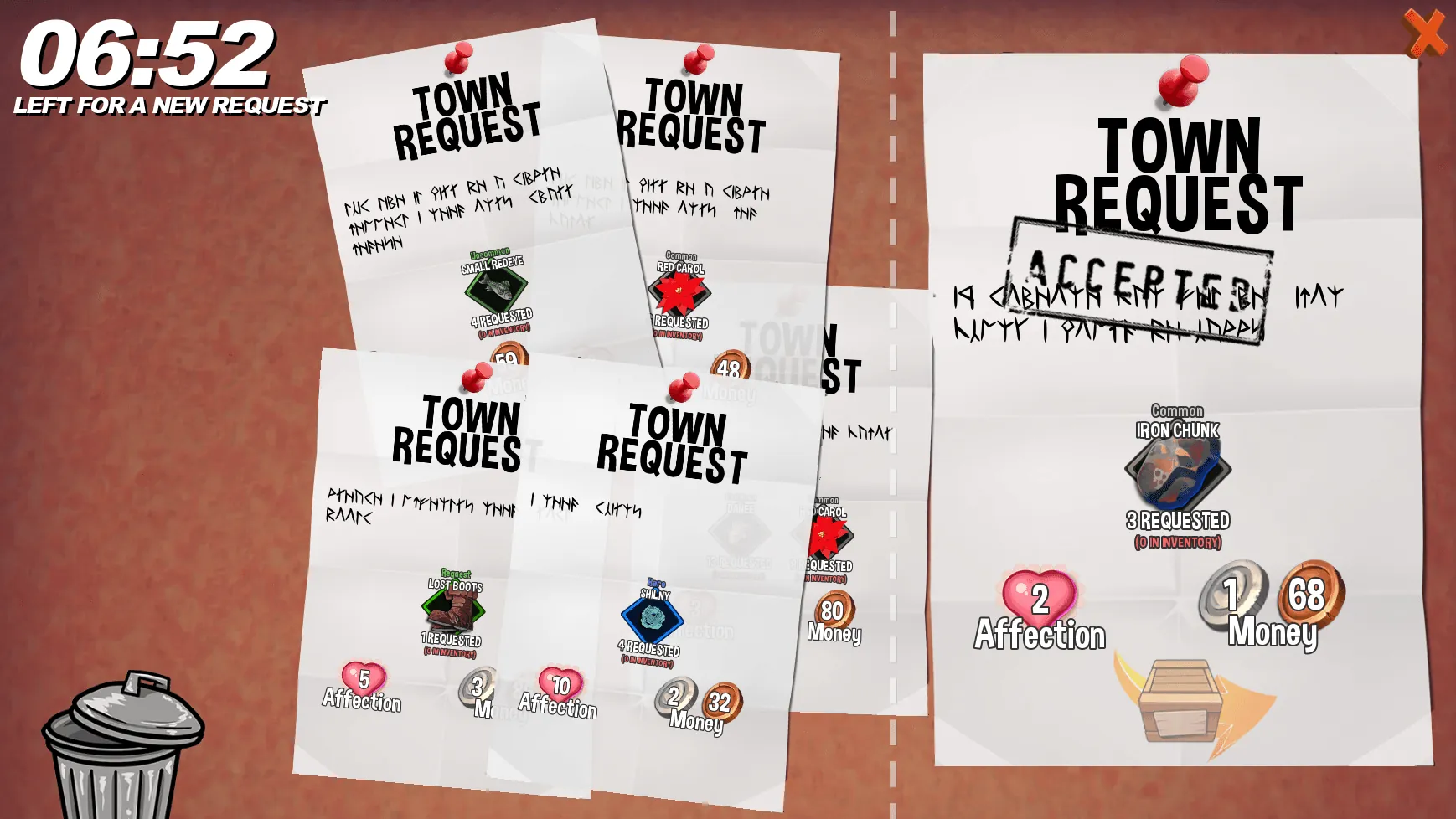
Parental Love
Play Parental Love
Parental Love review
Uncovering the Complex Narrative of Parental Love
Parental Love is a provocative adult game that delves into complex family dynamics and taboo themes. Developed by GrimmGames, it has sparked intense debate due to its mature content. This article will explore the game’s narrative, gameplay mechanics, and the controversy it has faced.
Understanding Parental Love
What is Parental Love?
Let’s be honest, we’ve all played games where the story feels like an afterthought. You’re just going through the motions, hitting buttons to get to the next cutscene. But what if a game’s narrative was so powerful it made you question your own decisions? 🤔 That’s the territory the Parental Love game explores. Developed by GrimmGames, this isn’t your typical visual novel. It’s an adult visual novel that dives headfirst into complex family dynamics, making the player the central architect of a delicate and often messy story.
I remember starting it up for the first time, expecting one thing and getting something entirely different. The premise seems simple on the surface: you play as a father reconnecting with his family after a long absence. But the game quickly reveals its depth, focusing on the reconstruction of broken bonds. It’s this raw, unfiltered look at family that forms the core of the Parental Love experience. The game doesn’t shy away from the awkwardness, the resentment, or the tentative steps toward forgiveness. It holds up a mirror to the complexities of family life, and honestly, it can be a pretty confronting reflection. 😅
Gameplay Mechanics and Features
So, how does it all work? At its heart, the Parental Love game is built on a foundation of narrative-driven gameplay. This means your choices aren’t just cosmetic; they actively shape the world and the relationships within it. Think of it like being the author of your own interactive novel.
Every dialogue option, every decision about how to spend your time, sends ripples through the story. Do you help your daughter with her homework, or do you focus on mending things with your wife? These choices build affinity with different characters, unlocking unique story branches and endings. It’s this “cause and effect” system that makes the game so compelling and replayable.
“The first time I played, I messed up so badly. I focused entirely on one relationship and completely alienated another character, leading to a pretty bleak ending. It really drives home the point that in families, neglect has consequences.”
Here’s a quick breakdown of the core mechanics:
| Mechanic | Description | Impact on Story |
|---|---|---|
| Choice-Driven Dialogue | Selecting from multiple responses in conversations. | Directly influences character affections and opens or closes story paths. |
| Time Management | Deciding how to spend each in-game day. | Determines which events you witness and which relationships you develop. |
| Affinity System | A hidden score tracking your relationship with each character. | Unlocks special scenes, dialogue, and ultimately, determines your ending. |
For example, a simple choice like deciding to watch a movie with your family instead of going out for a drink alone can significantly alter the trajectory of your story. This level of detail in the narrative-driven gameplay is what makes players feel truly invested. You’re not just watching a story unfold; you’re living it and dealing with the consequences of your actions. 🎭
The Controversy Surrounding Parental Love
Now, let’s address the elephant in the room. It’s impossible to talk about the Parental Love game without discussing the firestorm of game controversy that surrounds it. The game’s exploration of taboo themes in games, specifically within the context of a family, has placed it squarely in the crosshairs of platform moderators and public debate.
The most significant event was the Patreon ban. Platforms like Patreon have strict policies regarding adult content, especially content that can be perceived as crossing certain lines. Despite the game’s focus on narrative and relationship-building, its thematic elements led to its removal from the platform, which was a major blow for GrimmGames as it cut off a primary funding source from its community. This event sparked intense discussions about censorship, artistic freedom, and the boundaries of storytelling in video games.
A developer from GrimmGames once commented, “We set out to tell a story about reconciliation and the difficult road back to being a family. The controversy has been challenging, but it shows that stories exploring complex human emotions can still hit a nerve.”
So why does a game like this find an audience despite the backlash? 😲 From my perspective, it’s because it tackles subjects that are often considered off-limits. There’s a certain allure to narratives that dare to explore the shadows of human relationships. For some players, it’s not about the shock value, but about experiencing a story that feels raw and unvarnished. The game controversy often overshadows the nuanced writing and the emotional weight of the character development. It’s a classic case of a creator pushing boundaries, and in doing so, creating a deeply memorable, if divisive, piece of interactive fiction. The conversation around these taboo themes in games is far from over, and Parental Love remains a key example in that ongoing debate.
Parental Love is a game that challenges players with its complex narrative and controversial themes. While it has faced censorship and backlash, it also offers a unique gaming experience for those interested in adult storytelling. For those curious about the game, understanding its mechanics and the debate surrounding it can provide valuable insights into the world of adult gaming.











